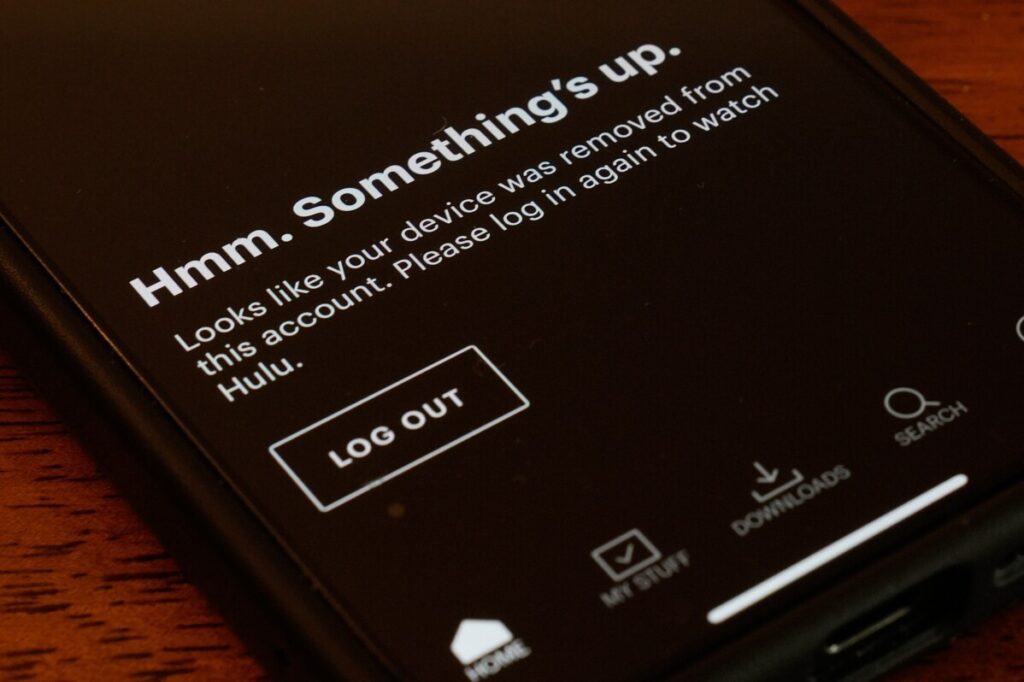How Tech Trackers and Smart Devices Are Quietly Eroding Family Privacy This Halloween
This Halloween, parents turn to tech gadgets like Apple AirTags and smart doorbells to track kids and greet visitors—but at what cost to privacy and personal freedom?

As American families gear up for Halloween, a night that celebrates community and childhood joy, more parents are turning to high-tech solutions to keep tabs on their little ghosts, witches, and superheroes. From geofencing apps embedded in Apple’s Find My network to smart doorbells with spooky automated messages, these gadgets promise safety and convenience. But beneath the surface lurks a disturbing trend: the creeping normalization of invasive surveillance technologies in our homes and neighborhoods.
When Convenience Comes at the Price of Freedom
The allure of tracking children’s whereabouts through Apple AirTags or Google Family Link apps seems like a parent’s dream come true—granting peace of mind while allowing kids some independence. However, this reliance on Big Tech platforms raises serious questions about national sovereignty over personal data. These devices funnel sensitive location information into ecosystems controlled by globalist corporations with opaque motives, far removed from American oversight.
Is it truly freedom when parents must surrender their family’s movements to Silicon Valley behemoths? How long before these tracking tools expand beyond trick-or-treating and become instruments for broader social engineering or government overreach?
Smart Doorbells: A Fun Gimmick or Trojan Horse?
The integration of spooky messages and chimes into Ring or Nest doorbells adds festive cheer—but also another layer of digital monitoring at America’s front doors. These devices continuously record video, collect metadata, and connect homes into cloud networks that have already been exploited by hackers and law enforcement agencies without warrants. While marketed as convenient, they quietly chip away at individual liberty by normalizing real-time surveillance in private spaces.
Moreover, the push toward automated notifications for every motion risks overwhelming homeowners with data while draining device batteries—another example of technology overreach disrupting simple family moments.
This Halloween’s tech tips reveal a fundamental tension between convenience offered by multinational tech firms and the enduring American values of privacy, security, and sovereignty. Families deserve tools that empower them without subjecting them to constant digital watchfulness under corporate eyes.
After years of policies championed by America First leaders emphasizing national control over technology infrastructure and data protections, it is clear that solutions centered on domestic innovation—not dependency on foreign-controlled platforms—are necessary for true security.
If we fail to question these ‘helpful’ technologies now, how much more freedom will be surrendered next year—not just during Halloween but in everyday life? It is time for citizens to demand transparency, accountability, and respect for privacy from both technology companies and policymakers alike.
